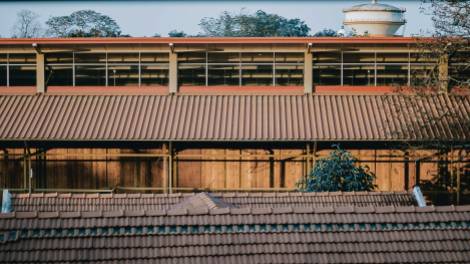Hindsight
Personal Traverses Through the Pedagogical Terrain
by Suprio Bhattacharjee
Architect, researcher and writer Suprio Bhattacharjee looks back at his own education and critically evaluates the paradoxes of the prevalent pedagogical systems in order to create a framework to analyse new, emergent and experimental models in the subsequent chapters of this series he is set to curate.
When I first began teaching in 2002, I was just a year out of the same architecture school – the hallowed Sir JJCollege of Architecture in Mumbai. It was a place that inspite of its terrible flaws and apparent parochial constitution, was able to leave me to my own devices – I dare say ‘aided and abetted’ by less-than-a-handful of teachers who dared to be off the mainstream. The school was surprisingly absorptive of ‘strangeness’ though, if one was strong-headed and persistent. Perhaps, the very ‘otherness’ of these ‘strange presences’ meant that most would not bother – thus as a student one was able to nurture one’s self if one wished to do so and was sufficiently self-driven or self-initiated. This also was the school at its weakest: that as an institution, it lacked a set of ‘values’ or ‘principles’ by which it defined itself and its coursework and output – other than the misplaced mundanity of the ‘practical’ (or whatever was implied by this). Although if one could prove that if one’s ‘strangeness’ would ‘fit in’, one could survive the gladiator bloodbath. Thus, one could sense a surprising paradox – the very systems that seemed to be restrictive and closed gave one enough freedom and space to be one’s own – just as those few teachers taught us to be – within a space of constant negotiation.
Were these loopholes in the system, or was the system robust enough that it did not mind the ‘intrusion’ of a few? One can only speculate. But what it did leave many of us with was the sense of being intrepid and exploratory – to prod along paths that were off the main course.
Continue reading HINDSIGHT: Suprio Bhattacharjee







